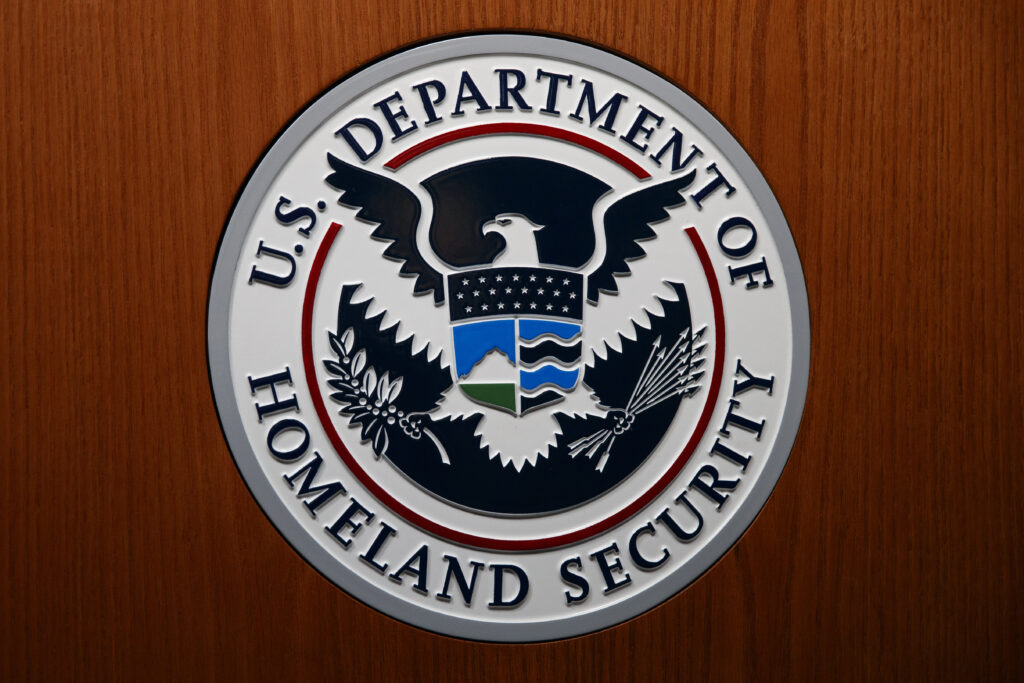

Supreme Court rules judges can’t review visa revocations in sham marriage case - Washington Examiner

The Supreme Court ruled Tuesday in a case related to a sham marriage for immigration purposes that federal courts cannot review visa revocations, affirming that such decisions are at the discretion of the Department of Homeland Security.
The unanimous ruling clarified that while courts can review initial visa denials, they lack authority to intervene once DHS revokes an approved visa. The decision underscores DHS’s broad role in visa determinations and could influence immigration enforcement, including President-elect Donald Trump’s efforts to overhaul immigration policies and his plans for mass deportations.

Writing for the court, Justice Ketanji Brown Jackson, an appointee of President Joe Biden, described the decision as “a quintessential grant of discretion” to DHS.
“Congress did not impose specific criteria or conditions limiting this authority, nor did it prescribe how or when the Secretary must act. Context reinforces the discretionary nature of §1155,” the majority wrote, referring to the statute surrounding the revocation of approved visa petitions.
“Section 1155 is a quintessential grant of discretion: The Secretary ‘may’ revoke a previously approved visa petition ‘at any time’ for what the Secretary deems ‘good and sufficient cause,'” the unanimous decision reads.
The case, Bouarfa v. Mayorkas, centered on U.S. citizen Amina Bouarfa’s husband, whose visa was revoked after DHS concluded he had engaged in a previous sham marriage — a finding that permanently bars legal residency.
During oral arguments, justices examined a statute limiting judicial review to initial visa denials, emphasizing Congress’s intent to preserve DHS’s authority in revocation decisions.
Chief Justice John Roberts noted that Bouarfa’s husband could reapply for a visa and challenge a denial through judicial review. However, the petitioner’s attorney, Samir Deger-Sen, argued that restarting the process imposes significant delays and hardships on families.
CLICK HERE TO READ MORE FROM THE WASHINGTON EXAMINER
Immigration advocates warned the ruling could exacerbate challenges for migrants navigating an overwhelmed immigration system, which faces more than 3 million backlogged cases.
Critics, including the American Civil Liberties Union, cautioned that limiting judicial oversight might leave constitutional violations, such as racial bias, unaddressed.
